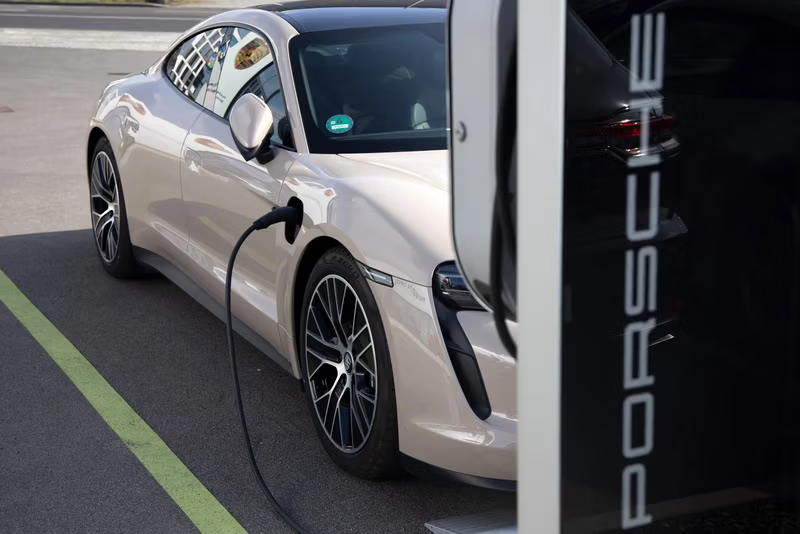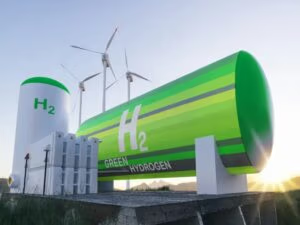Porsche has announced a sweeping retreat from its electric-vehicle strategy, delaying key launches and extending the life of combustion and hybrid models, a decision that will cost parent company Volkswagen an estimated US$6 billion in operating profit. The Stuttgart-based luxury carmaker said it will postpone several all-electric models and indefinitely delay development of a next-generation EV platform as global demand for premium electric cars softens and production costs climb.
Central to the reversal is Porsche’s flagship K1 SUV, originally planned as the company’s first fully electric three-row vehicle. The model will now launch with combustion engines and plug-in hybrid powertrains instead of an all-electric configuration. The decision is expected to hit Porsche’s 2025 operating profit by as much as €1.8 billion (US$2.2 billion) due to depreciation and platform rescheduling. The company has slashed its return-on-sales forecast to a maximum of 2 per cent, down from 5–7 per cent, and lowered its automotive EBITDA margin guidance to 10.5–12.5 per cent from the earlier 14.5–16.5 per cent range.
Volkswagen, which owns 75.4 per cent of Porsche, will absorb roughly €5.1 billion (US$6 billion) in operating profit impacts tied to the realignment and has cut its 2025 operating return-on-sales guidance to 2–3 per cent from 4–5 per cent. Porsche cited “massive changes within the automotive environment,” including an over 80 per cent contraction in China’s luxury-car market and intensifying competition from Chinese EV manufacturers. In the United States, a 27.5 per cent tariff on European imports has added to the pressure, with Porsche importing all U.S.-sold vehicles from Europe.
The company’s shares have fallen more than 30 per cent this year, leading to its removal from Germany’s DAX index on September 22, the first downgrade since its 2022 initial public offering. Despite the strategic pullback, Porsche said existing electric models such as the Taycan, Macan EV and the upcoming Cayenne EV remain on track, while current combustion-powered Panamera and Cayenne models will continue with extended lifecycles. The company expects total extraordinary expenses of about €3.1 billion in 2025 related to the realignment.
Porsche’s retreat underscores the mounting challenges facing legacy automakers as global EV adoption slows and cost pressures intensify. For Volkswagen, the decision adds to the urgency of balancing electrification goals with profitability, while competitive pressure from Chinese and U.S. manufacturers grows. Industry analysts say the move signals that major carmakers may increasingly hedge their electrification timelines, keeping hybrids and combustion engines in production well into the 2030s as consumer demand and regulatory policies remain in flux.






